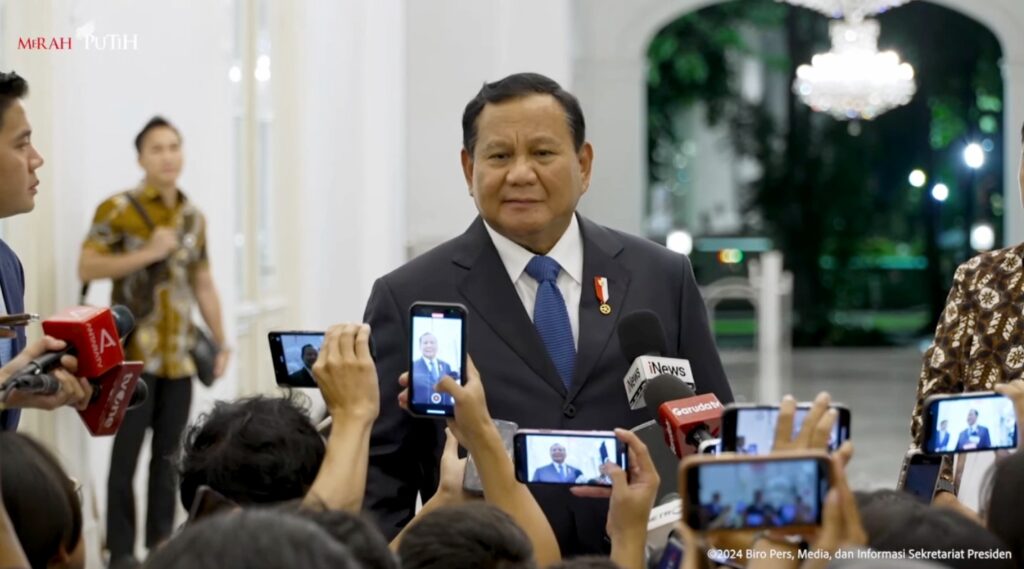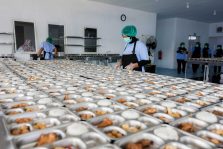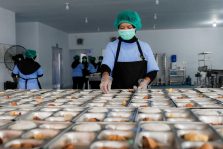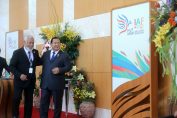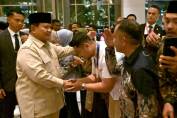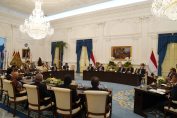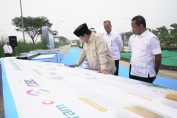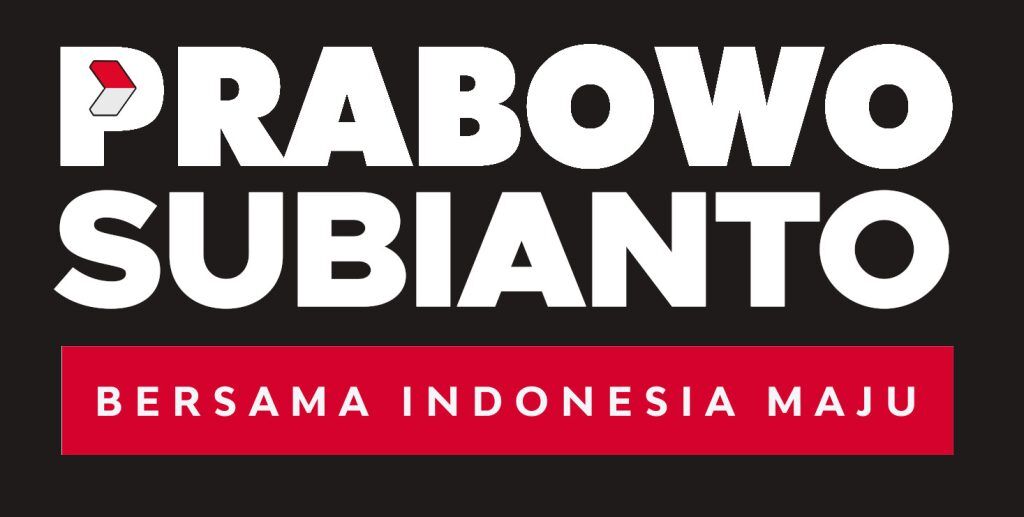Jakarta – President of Indonesia, Prabowo Subianto, assured the public that the implementation of the 12% Value-Added Tax (VAT) set to take effect in 2025 will be carried out in accordance with the law but with a selective approach, applying exclusively to luxury goods.
Prabowo delivered the statement at the Presidential Palace Complex in Jakarta on Friday (December 6).
He emphasized that the VAT increase would only target luxury items, while the government’s priority remains the protection of ordinary citizens.
“VAT is mandated by law, and we will implement it, but selectively—only for luxury goods,” Prabowo stated.
The President further explained that since late 2023, the government has refrained from fully collecting VAT on goods that technically fall under taxable categories. This decision reflects the administration’s commitment to supporting lower-income groups.
“For the general population, we continue to provide protection. Since late 2023, the government has not imposed full VAT on certain taxable items as a measure to assist and defend the underserved. So, even if there is an increase, it will only apply to luxury goods,” he added.
The 12% VAT policy is in line with Law No. 7 of 2021 on the Harmonization of Tax Regulations.
Earlier, Mukhamad Misbakhun, Chairman of the House of Representatives (DPR) Commission XI, spoke after meeting with Prabowo at the Presidential Office in Jakarta on Thursday (December 5). Along with other parliamentary representatives, he discussed proposals for a tiered VAT structure. According to Misbakhun, essential goods may be subject to lower tax rates.
He reassured the public that essential commodities, as well as services like education, healthcare, banking, and public services, will remain VAT-exempt under the current policy framework.
“VAT will proceed as scheduled under the legal mandate starting January 1, 2025. However, it will be selectively applied to specific commodities, including both domestic and imported luxury goods, ensuring that the tax burden falls only on luxury goods consumers,” Misbakhun said.
He also disclosed that the government is considering implementing a differentiated VAT structure. However, this policy is still under thorough review.
“This proposal is still being studied. The public need not worry because essential goods, educational services, healthcare services, banking services, and government-related public services will remain exempt from VAT,” Misbakhun explained.
Coordinating Minister for Economic Affairs Airlangga Hartarto had previously confirmed that VAT would not be levied on staple commodities and critical services. (RR)

